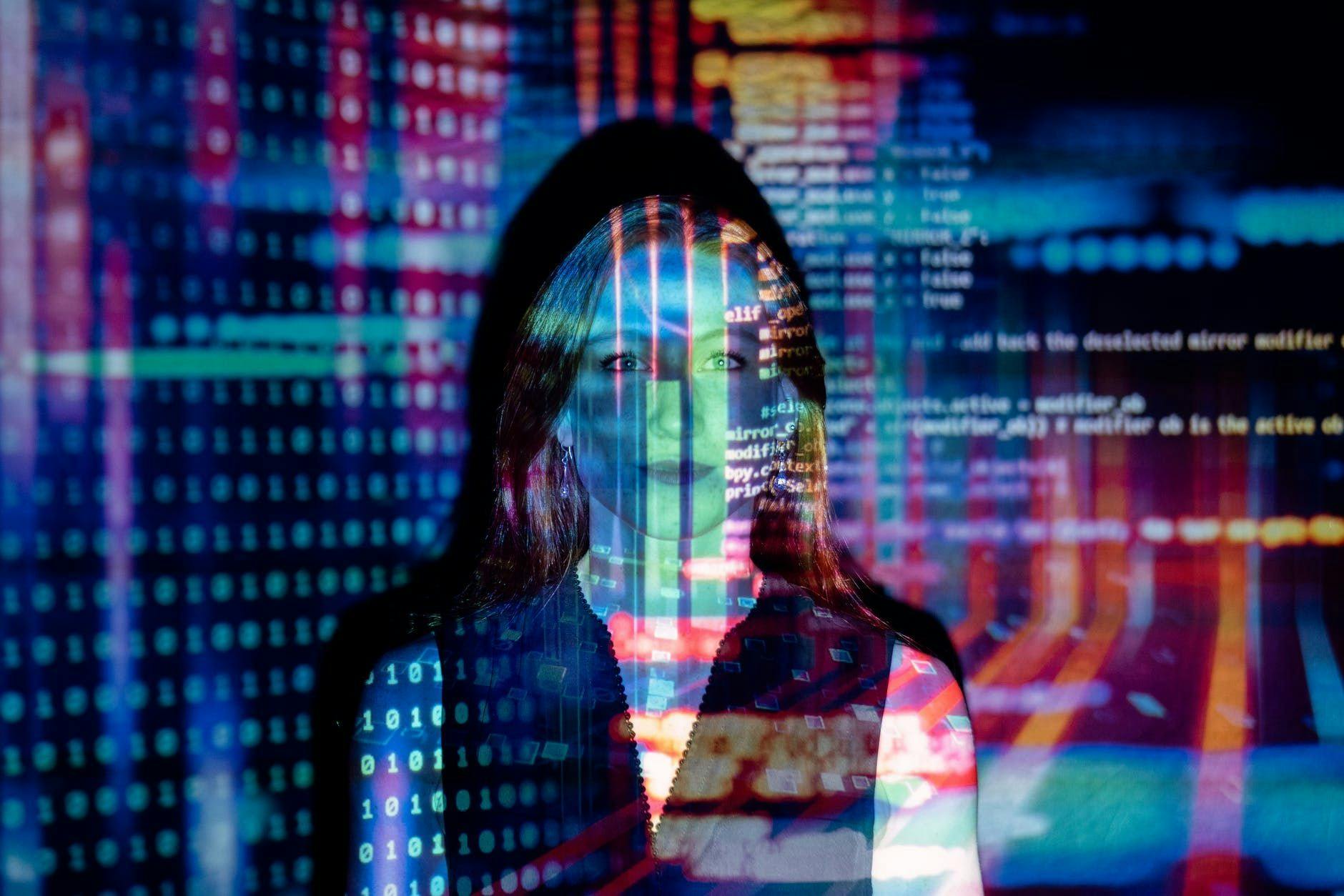417 reads
6 Not-so-obvious Tech Predictions
by
June 15th, 2021
Experienced tech engineer in multiple fields, domains, and technologies over the years #cloud, #security #smartcontracts
About Author
Experienced tech engineer in multiple fields, domains, and technologies over the years #cloud, #security #smartcontracts
